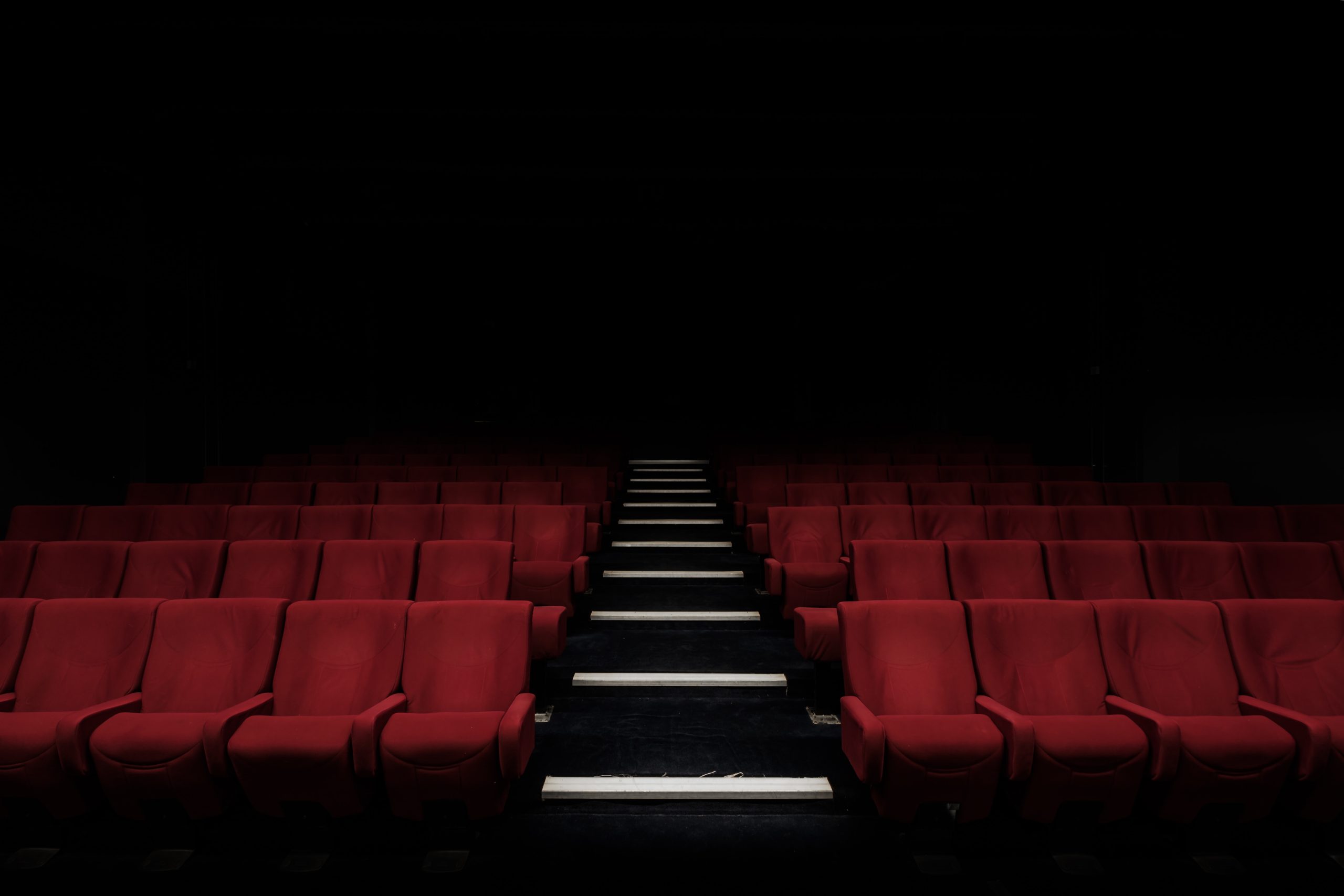“The Chef” is a lot like any restaurant kitchen — filled with big personalities, drama and lots of cooking. However, food is not actually the main ingredient of this Israeli program. “It’s a series that has a lot of food and a great love for food, but it’s not a series about food,” showrunner Erez Kavel, creator/director/writer of “The Chef,” told the Journal. “The kitchen, the food, the dishes, are meant to tell something about the characters, their desires, their passions, and their weaknesses.”
With vibes of “The Bear” and “Kitchen Confidential,” the show, which began streaming its first and second seasons on the Izzy platform on February 1, has a third-generation cook at the helm. Kavel worked as a chef for several years while studying cinema at university.
“I worked for years in this world, and I know it,” Kavel said. “I love it very much, but also know its less beautiful and less sexy sides.” He adds, “It was very important to me, both in writing and directing, not to glorify this world but to try and bring to the screen a version as honest and faithful to reality as possible.”
“The Chef” centers around Nimrod, an unemployed high-tech worker who starts working in the kitchen of a prestigious restaurant run by a brilliant chef. While Nimrod is a family man dealing with constant pressure, chef Dori (single and self-absorbed) is struggling to stay at the top of his game and also the gastronomic world. Kavel says that the show was inspired by his memories as a chef, as well as thoughts and questions he started pondering around the age of 40. These are things, he explains, that were similar to what his main characters experience in season one. “Essentially, the series was born out of the idea of a person/man who enters the kitchen at a relatively late age, not out of a desire to be a chef but somewhat out of necessity,” Kavel said. “There he meets someone who is a kind of mirror image of himself, a very successful and wealthy man. A connection forms between the two, because they both share similar feelings related to their place in the world, their relevancy and their need to reinvent themselves.”
When asked why he thinks people love the show so much, Kavel said, “Because it’s fun, and the kitchen is a super sexy and fascinating world.”
Authenticity is so important to Kavel that they did not use a set or studio; they set up an actual restaurant for filming.
He tries to show the kitchen, more or less, as it really is: “Amazing and unbearable at the same time,” he said. “The characters are honest and human, both in their weaknesses and in their strengths.” Authenticity is so important to Kavel that they did not use a set or studio; they set up an actual restaurant for filming. The actors underwent training with chef Moshiko Gamlieli to learn the craft and real chefs were cast for the secondary characters. “We don’t have hands that cut or cook, but the actors did everything,” he said. “They really cooked, cleaned, peeled and washed dishes. They did the real thing, and we were just there to film it.”
When asked where his love of cooking came from, Kavel said from both his dad’s and his mom’s houses. “My mom is maybe the best cook I know, and my dad was a foodie with a great nose and a sharp tongue,” he said. Kavel, who loves making — and eating — a vegetable salad, with lots of herbs, hot pepper, lemon, olive oil and a lot of tahina, said his grandparents met and fell in love in the kitchen of a psychiatric hospital. “It was after the war: He managed the kitchen, she worked there as a launderer,” he said. “She once entered his kitchen and stirred a pot uninvited, he yelled at her, she yelled back at him, and from there it’s all history.”
Izzy, which launched in August 2020, connects the myriad talents of Israel to a global audience. It offers unlimited Israeli movies, TV shows and documentaries that are available through the app or via web browser.
Learn more at StreamIsrael.tv.








